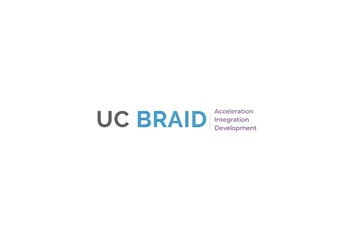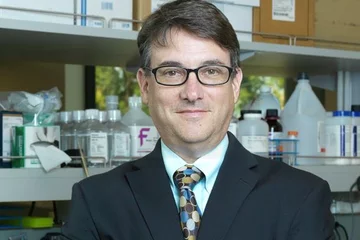Dr. Mitchell Wong, co-leader of the CTSI Workforce Development Program and professor of medicine at UCLA, and Dr. Peter Szilagyi, co-leader of the CTSI Integrating Special Populations Program and professor of pediatrics at UCLA, have recently received NIH R01 awards.
Dr. Szilagyi received an NIAID R01 award to help increase vaccination rates for influenza--an annual epidemic in the US with up to 40,000 deaths per year and many hospitalizations, emergency and outpatient visits. This study will implement an influenza vaccine reminder system using the patient portal (myUCLAhealth), a secure, web-based communication system embedded within electronic health records (EHRs) that allows patients and providers to communicate with each other via email and the internet. Portal reminders are easily scalable, allow personalized messages that pull from patient medical record data, and can facilitate access by helping patients schedule their own vaccine appointments. Yet, no large-scale studies have evaluated the effectiveness of patient portal interventions on raising influenza vaccination rates or on improving other preventive services. After implementing the reminders in the UCLA system, which serves over 275,000 patients in 49 primary care practices, investigators will disseminate the portal reminder system to Los Angeles Department of Health Services community health centers that serve more than 30,000 low-income patients. As part of the study, an adoption guide/toolkit will be developed for the use of other health systems. Co-investigators include Drs. Carlos Lerner, Kenrik Duru and Michael Ong.
Dr. Wong obtained renewed funding for his NIDA-supported R01, the RISE UP Study, which provides education interventions in adolescence to substantially improve health and other life outcomes. RISE UP used the admission lottery of high-performing public charter high schools to study comparable cohorts of students exposed to high- and low-performing schools. The study recruited 1,270 adolescents who had applied to one or more high performing charter schools in the low-income neighborhoods of Los Angeles. After three years, lottery “winners” had demonstrated substantial improvement in intermediate school outcomes, better school experiences, and lower rates of substance use. Most of these differences were much larger or only occurred among boys. The new funding will allow researchers to follow the RISE UP cohort through age 21, allowing longer-term follow-up and examination of the impact of exposure to a high performing school on substance use, pregnancy, depression, obesity and other life events including employment, college matriculation and criminal arrests.
Further reading:
Image caption: Awardees from left: Mitchell Wong (UCLA) and Peter Szilagyi (UCLA).
Image source: UCLA Health




